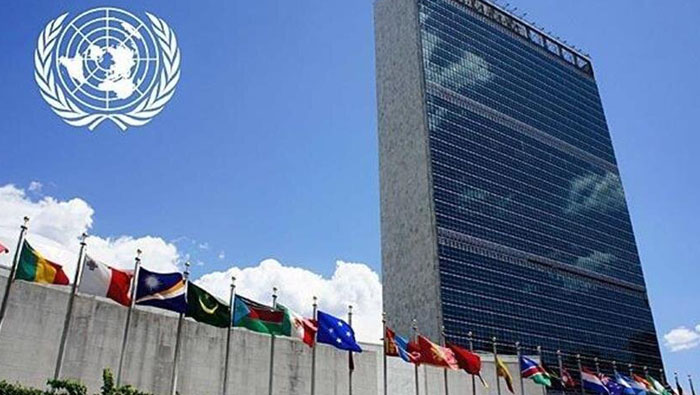
Geneva: The United Nation has commended the UAE’s humanitarian efforts to provide medical and protective supplies to African countries amidst the global fight against COVID-19.
"I would like to thank the African Union, the governments of UAE and Ethiopia, the Jack Ma Foundation and all our partners for their solidarity with African countries at this critical moment in history," Dr Tedros Adhanom Ghebreyesus, Director-General of World Health Organisation, said in Geneva, in conjunction with the announcement of the launch of the first UN air solidarity flight to transport medical supplies to African countries.
"Thanks to the Government of the United Arab Emirates for its generous support of this operation. WHO’s regional logistics hub in Dubai has played a key role in making sure these supplies are prepared and shipped to where they are most needed. This is by far the largest single shipment of supplies since the start of the pandemic, and will ensure that people living in countries with some of the weakest heaths systems are able to get test and treated, while ensuring that health workers on the frontlines are properly protected," said Dr Ahmed Al-Mandhari, WHO Regional Director for the Eastern Mediterranean.
"Commercial flights are grounded and medical cargo is stuck. We can stop this virus in its tracks, but we’ve got to work together. WFP is committed to getting vital medical supplies to front lines and shielding medical workers as they save lives," said David Beasley, Executive Director of the World Food Programme. "Our air bridges need to be fully funded to do this, and we stand ready to transport frontline health and humanitarian workers as well as medical cargo," he added.
As part of a global appeal to raise a US$2 billion for the COVID-19 response, launched by the United Nations Office for Coordination of Humanitarian Affairs (OCHA) on 25 March, WFP is calling for U$350 million to establish vital humanitarian hubs around the world to facilitate the storage and dispatch of essential medical cargo, set up air transport links for cargo and personnel, contract charter vessels for shipping services, and provide passenger air and Medevac services for humanitarian and health workers. This includes such Solidary Flights through Addis Ababa. Currently, WFP has received only 24 per cent (US$84 million) of the US$350 million it requires to provide these vital common services to the global humanitarian community.